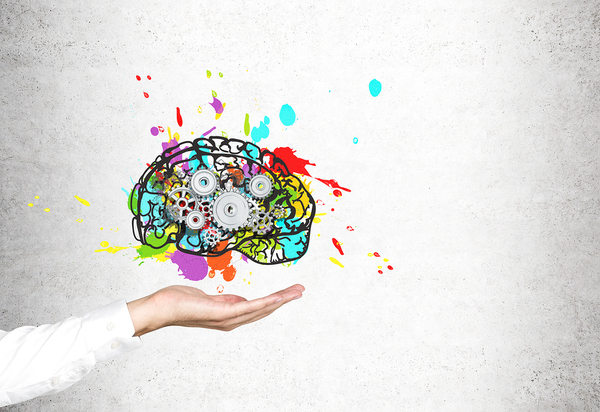
Research into brain degeneration like Alzheimer’s and dementia has shown that the degeneration seems to be connected to decreased connections between brain cells, which can occur as you age. Fortunately, there are things you can do to stimulate your brain and increase the connections between brain cells and keep our brains functioning as well as they possibly can.
Here are some fun and effective ways to keep your brain active and stimulated so that deterioration will be slowed or stopped completely.
1. Get enough sleep.
Sleep is the foundation of everything else you do—if you don’t get enough sleep, you won’t have the energy for other productive activities that can help stimulate your brain. Also, sleep is necessary to move a memory from short-term to long-term storage so you can recall it in the future. A short afternoon nap may also help long term memory and improve focus, even when you get enough sleep at night.
2. Exercise regularly.
Exercise can help just about everything about the way your body works, including brain function. Concentration, mood, and quality of sleep are all related to brain function, and they are all improved by 30 minutes of cardiovascular exercise five times per week.
3. Be more social.
Being with people you enjoy releases hormones that improve your mood and can even prevent depression, but socializing also improves brain performance and has been shown to decreased risk for Alzheimer’s and dementia.
4. Do puzzles.
Puzzles stimulate the brain in different ways than other activities do, and different types of puzzles can even exercise different parts of the brain. Puzzles are available in newspapers, on apps and websites, and in books you can purchase. Jigsaw puzzles are also good for brain stimulation.

5. Read.
Reading keeps your brain working continuously, even when the reading material isn’t particularly challenging. Reading novels requires remembering details, noticing foreshadowing, and understanding the various elements of the story. Non-fiction usually requires remembering facts and details so that the writing makes sense.
6. Eat a healthy diet.
A healthy diet can help you think more clearly by providing nutrients that enhance brain function. Whole foods are better than processed foods because they are higher in nutrients and lower in chemicals, fats, and other harmful substances. Supplements can also help to fill in dietary holes when they do occur.
7. Use all your senses.
When you use more of your senses as you learn something new, more of your brain is involved in making the memory permanent. The sense of smell, in particular, can be powerful in activating memories, even long-buried ones.
8. Be a lifelong learner.
Taking courses and learning about subjects that interest you has been shown in studies to improve mental functioning as you age. People with higher levels of education have lower incidences of brain-deteriorating diseases, but even continued learning later in life has positive benefits. New brain cells and connections can form even after years of not being used very much.
CCSU offers many courses for continuing education to help older learners continue learning and keep their brains active. Join our mailing list to get updates about new courses.
